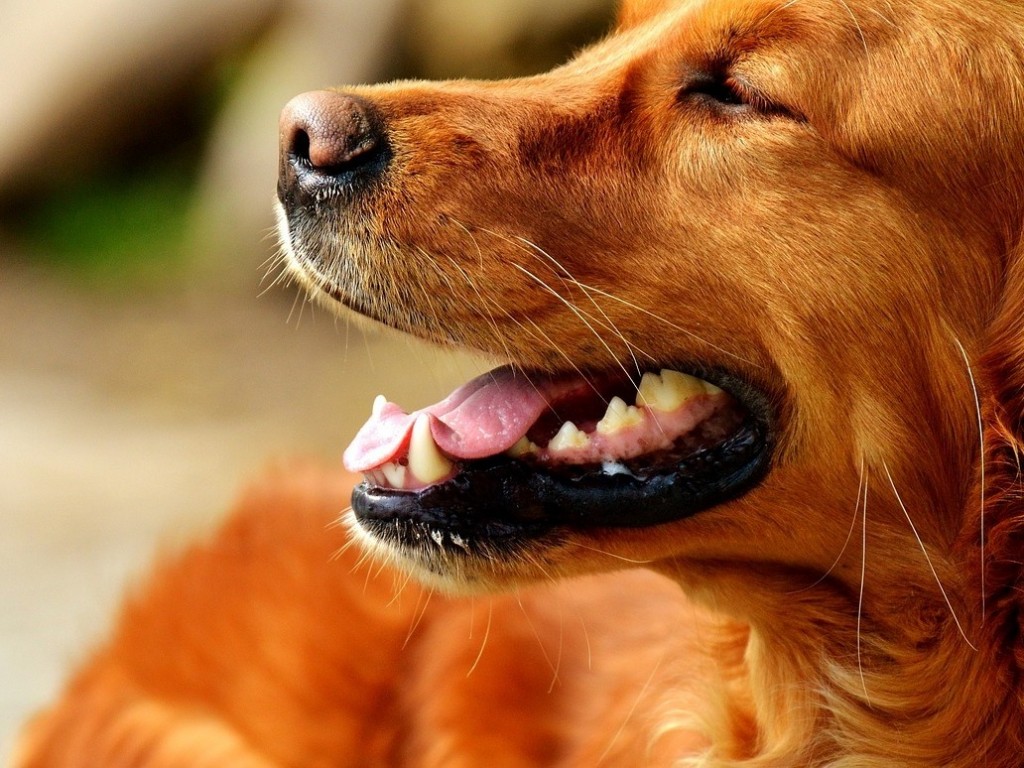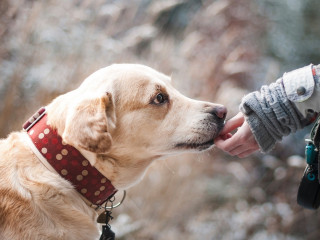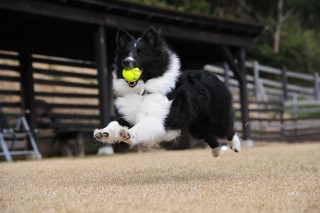
Is my dog overweight?
‘Is my dog overweight?’ is something vets are asked all the time. It’s quite difficult to tell a dog’s weight just by looking at them – although our handy table here provides a rough guide. You should always take your pet for regular check-ups with your vet, but there are some checks you can do at home between visits – your vet may even have some free tools they can give you to help you recognise the right body condition for your pet.
If you’re at all concerned about changes in your dog’s weight – it’s important to speak to your vet and have your dog checked over.
How do I know if my dog is overweight?
Here are some tips to help you check your dog’s weight at home:
- make sure your dog is standing up
- if you have a big dog, get someone to help hold him still
- run your hands over your dog and get a good feel of his body, paying particular attention to the ribs
- you should be able to feel the ribs just between your fingers, but they shouldn’t be visible
- the same applies to your dog’s spine – you should be able to feel it but not see it
- move down to your dog’s waist just behind their rib area – you should be able to make out where your dog’s waist is as the outline of their tummy area moves upwards towards their pelvis
While it’s a good idea to learn how to do some basic health checks at home, remember to take your dog to the vet for a check-up regularly – this can coincide with their flea/worming regime.

Do dogs gain weight in winter?
Dogs can often put on weight in winter. This is partly down to bad weather making owners less inclined to take them for a walk. But there’s also evidence to suggest they’re fed more snacks and scraps, especially during the festive season.
Is winter weather causing you to have an overweight dog?
Walking your dog may not seem quite so appealing when temperatures fall and the nights draw in. But, unfortunately, regular nights in front of the fire for you could spell bad news for your pet. Dogs who exercise less inevitably burn fewer calories. If their diet and food servings remain the same as in the summer they’re likely to suffer from “winter weight gain”. This can have a serious effect on your pet’s health. Adjust your pet’s food accordingly to the amount of exercise they are getting to avoid excess weight gain.

Helping an obese or overweight dog
Exercise and diet are the two big components of animal weight loss and it’s especially important for pet owners to be aware of this during the cold winter months.
Exercising your dog to lose weight
Dogs need exercise. One of the problems with modern life is people are often so busy their dogs aren’t walked as often as they should be. Dogs who become couch potatoes put on weight and, as everyone knows, obesity can lead to all sorts of dangerous and debilitating life-limiting conditions.
On top of that dogs who aren’t exercised regularly often find something else to do with their energy such as destroying the house, raiding the bin or simply barking and whining. As some of our own case studies show, these behaviours can result in them ending up in emergency situations.
Is your dog’s diet making them overweight?
Often, the reason dogs gain weight is due to a lack of exercise. But diet is also a factor. The recommended serving of many pet foods is overly generous so it’s also important you know your dog’s dietary requirements. Always check with your vet how much food your dog should be eating.
In the wild dogs are scavengers so it’s natural for them to beg for food, regardless of whether they’re hungry or not. But as a responsible owner, you should limit the number of snacks and treats you give your dog.
